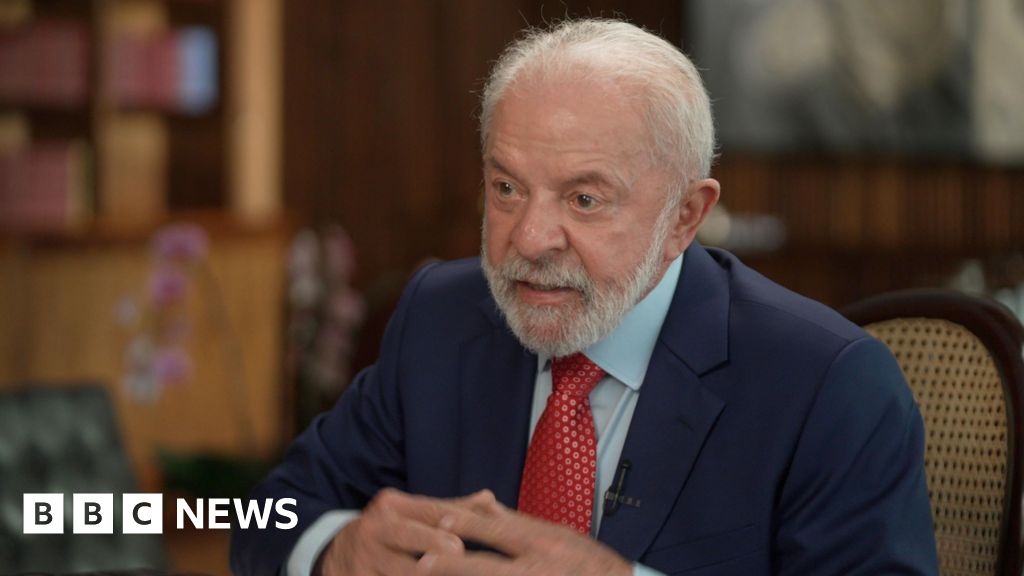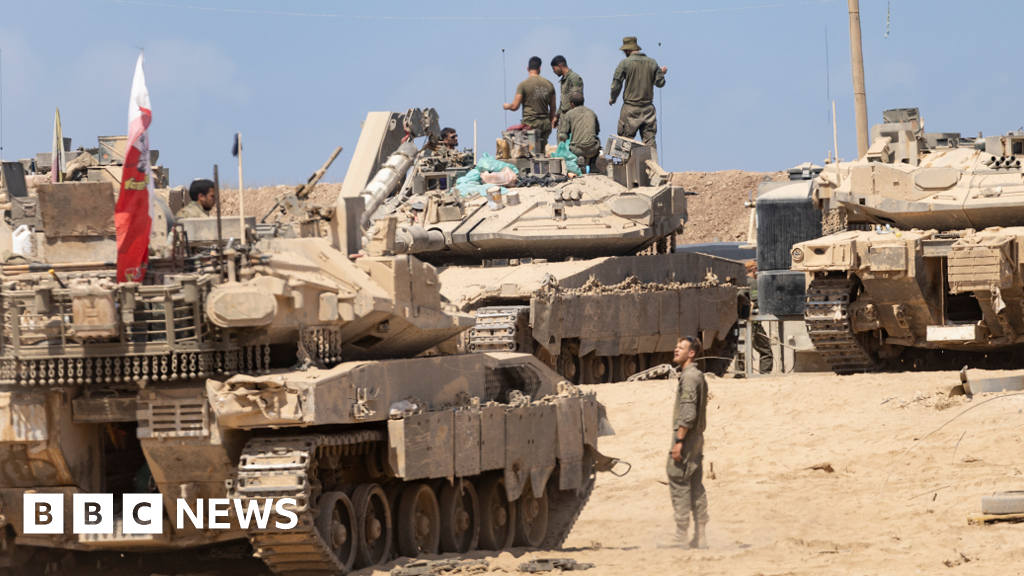ARTICLE AD BOX

An Indian security force personnel stands guard on a street, following the Pahalgam attack in south Kashmir, in Srinagar, May 5, 2025. REUTERS/Sharafat Ali Purchase Licensing Rights, opens new tab
- Moody's says Pakistan fiscal consolidation may suffer
- Second missile test in three days
- India says Pakistan involved in attack, Islamabad denies
ISLAMABAD/BELA NOOR SHAH, Pakistan, May 5 (Reuters) - Pakistan carried out a second missile test in three days on Monday after saying it was preparing for an incursion by India, as Moody's warned that the standoff over violence in Kashmir could set back Islamabad's economic reforms.
Relations between the nuclear-armed neighbours have nosedived since gunmen killed 26 people on April 22 in an attack targeting Hindu tourists in Indian Kashmir, the worst such assault on civilians in India in nearly two decades.
Sign up here.
India has accused Pakistan of involvement. Islamabad has denied the allegations but said it has intelligence that New Delhi intends to launch military action against it soon.
The diplomatic flare-up and exchanges of small arms fire across the border in Kashmir has alarmed world and regional powers.
Moody's said the standoff could hurt Pakistan's $350 billion economy, which is on a path to recovery after securing a $7 billion bailout programme from the International Monetary Fund last year and staving off a default threat.
"Sustained escalation in tensions with India would likely weigh on Pakistan’s growth and hamper the government’s ongoing fiscal consolidation, setting back Pakistan’s progress in achieving macroeconomic stability," Moody's said.
"A persistent increase in tensions could also impair Pakistan's access to external financing and pressure its foreign-exchange reserves," it added.
The report comes two days after Reuters reported that India has asked the IMF to review its loans to Pakistan.
India's economy is not expected to see major disruptions since it has "minimal economic relations" with Pakistan - although higher defence spending could weigh on New Delhi's fiscal strength and slow fiscal consolidation, Moody's added.
MISSILE TEST
The Himalayan region of Kashmir lies at the heart of decades of
hostility, opens new tabbetween Hindu-majority India and Islamist Pakistan, both of which claim it in full but rule it in part.
India has accused its neighbour of supporting Islamist separatists battling security forces in its part of the region. Pakistan says it only provides diplomatic and moral support for Kashmiris seeking self-determination.
The Pakistani army said it had tested a Fatah series surface-to-surface missile with a range of 120 km (75 miles), two days after a successful launch of the Abdali surface-to-surface ballistic missile with a range of 450 km.
Prime Minister Shehbaz Sharif said the successful test launch "made it clear that Pakistan's defence is in strong hands".
In Pakistan-administered Kashmir, Information Minister Attaullah Tarar told visiting journalists that there was no communication channel open with India at the moment.
The missile test came as Iran's foreign minister, who earlier said his country was ready to help India and Pakistan "forge greater understanding" after the attack, was in Pakistan to meet leaders. He will visit India on Thursday.
Russia said on Monday it was following the situation with great concern and that it valued its ties with both countries.
President Vladimir Putin "strongly condemned" the Kashmir attack in a call with Indian Prime Minister Narendra Modi and expressed full support to India in its "fight against terrorism", India's Foreign Ministry spokesperson Randhir Jaiswal said on X.
Pakistan said on Monday it will "formally apprise" the United Nations Security Council of the situation and call upon it "to exercise its primary responsibility for the maintenance of international peace and security by taking appropriate measures".
Reporting by Gibran Peshimam, Asif Shahzad, Ariba Shahid and Charlotte Greenfield; writing by Sakshi Dayal; Editing by YP Rajesh and Andrew Heavens
Our Standards: The Thomson Reuters Trust Principles., opens new tab

 4 months ago
97
4 months ago
97








 English (US) ·
English (US) ·